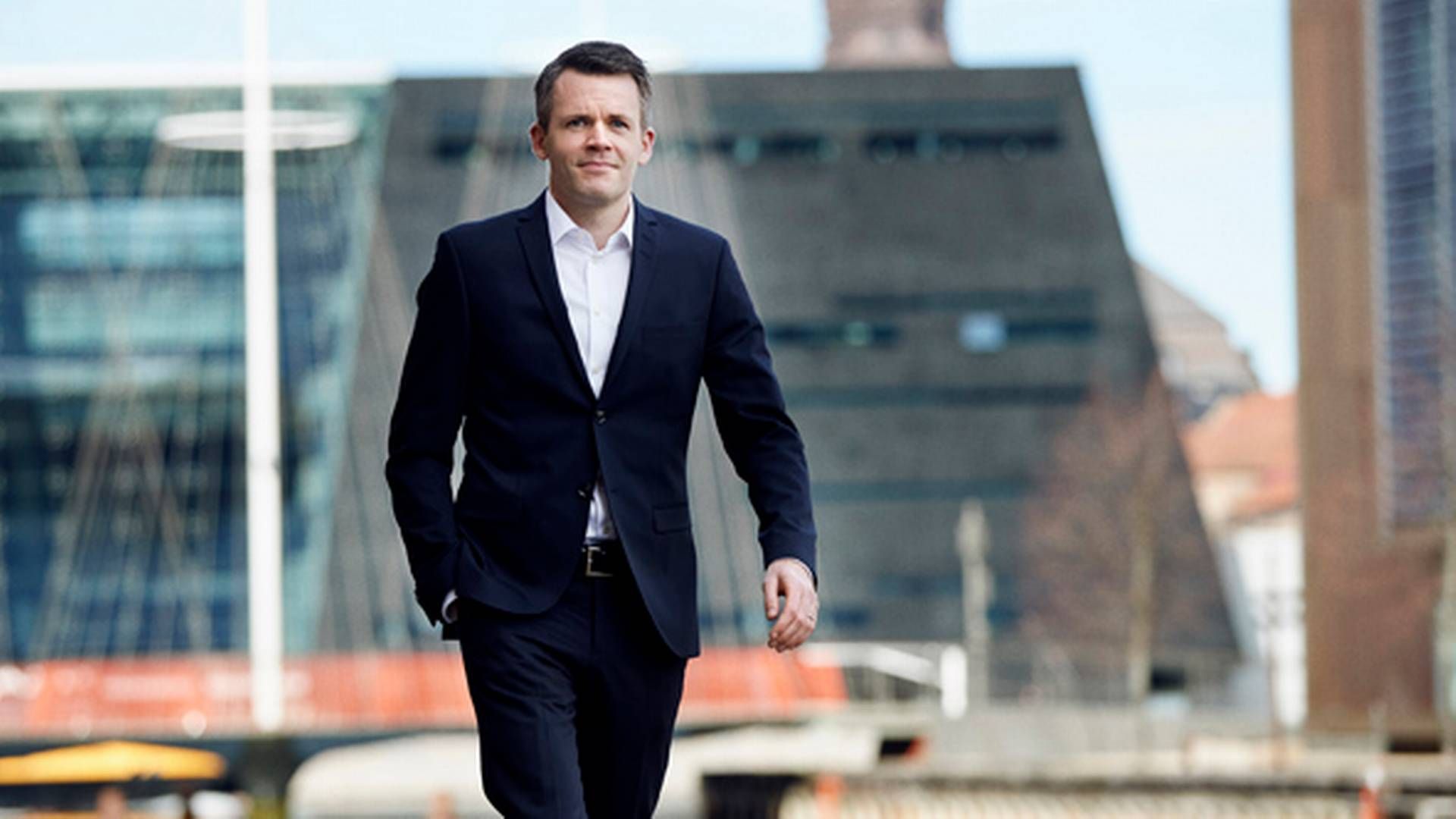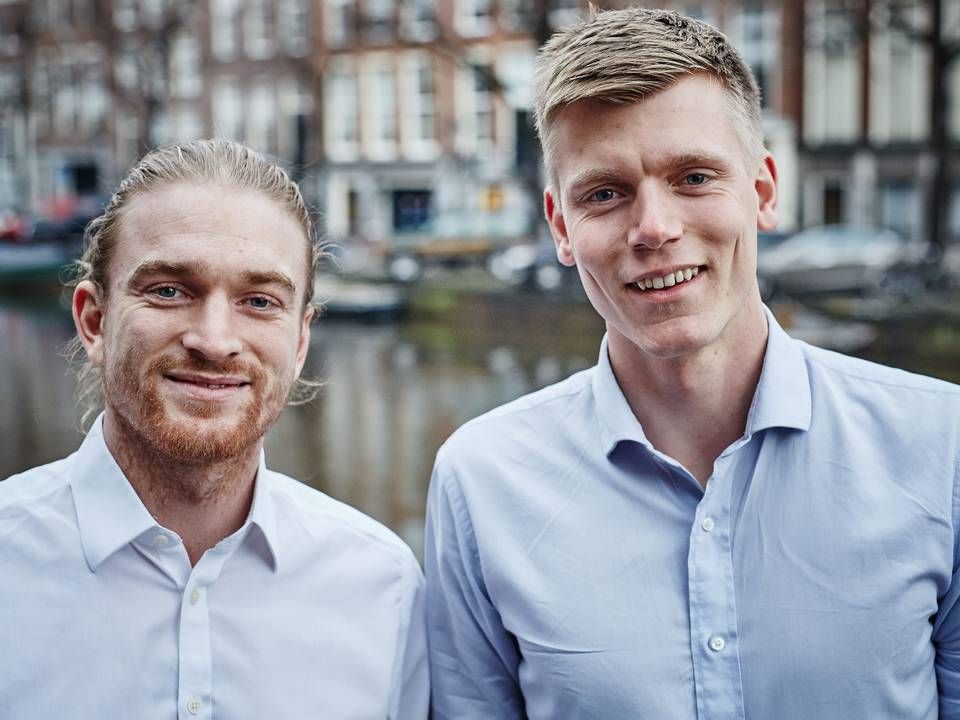Fintech crowdlending platform expands to Denmark following launches in Sweden and Norway

It should be possible also for private investors to make a profit lending money to businesses. This is the idea at Kameo which launched a crowdlending platform in Denmark December last year.
However, Denmark is only the latest country of the launch as in Norway and Sweden about 130 projects have been financed since 2016. Private investors have, thereby, financed a company's projects – mainly property development.
Kameo takes care of the due diligence process. This includes going through the books, projects' credit rating, and, if the borrower honors the agreement and pays back, investors can ascertain the projects' rate of return.
The ambition is to have 8-10 projects in the platform every month. In addition, fintech firm seeks an IPO within five years, says Jesper M. Johansen, CEO of Kameo's Danish branch.
Wouldn't you then need additional projects to come very quickly?
"We're always busy, but we've seen a gap in the market, so we believe in an IPO. It will be an exciting journey," says Johansen, who previously worked at IT firm Charli Tango which worked with developing Danske Bank's MobilePay app.
The Danish team consists of Johansen and a marketing manager but over the next few months, they expect to hire 4-5 new staffers. The credit rating of companies and projects are made by the Swedish and Norwegian offices.
In competition to banks
Kameo enters the market and is in competition with bank loans targeting the real estate sector. The idea is that the loans needs to be simpler, but of the same quality rating, says Johansen.
"The borrowers could also choose to go to the banks, but banks have a long list of requirements, and sometimes a company needs a contribution to their cash flow. We can give them that quicker than the bank," he says.
He thinks that the size of the projects makes the borrowers uninteresting at the bank, for instance if they need to refurbish a loft in a property or they are to construct two properties on one land register.
On Kameo's website, there are three different property development projects – two in Sweden and one in Denmark. The interest rate is 8-11 percent, and a fee of 2-4 percent. The fee goes to Kameo, whereas lenders get the interest rate as their expected return.
Quizzed on whether the price is high, Johansen replies:
"If you compare with mortgage loans, it seems expensive. But remember that mortgage loans do not cover an entire project," he says and continues:
"Otherwise, the borrower had to go and find private investors or pension funds to finance the project, and then it would become even more expensive."
He says that Kameo's loan market operates with a comparative database where real estate developers pay roughly 10-20 percent in interest rate for a loan.
Additionally, there is the option to settle debt before it it expires.
Different investor types
A definition of Kameo's core investor is not a straightforward one.
"Some investors spend DKK 1000 per year, whereas others invest millions in a project. Our goal is to accommodate them all, however, the savvy investors within equities, investments and wealth management will probably find the project more interesting. Then it's our job to roll out the concept," he says.
He thinks that there is an advantage for private investors to invest locally with recognizable projects.
"The projects investors help finance could be based in the local community which some investors think is a fun way to invest. This could, for instance, be new housing for students."
In addition to the upcoming IPO, Kameo is working on developing a platform to buy and sell loans that are already granted. It aims to make it easier for a new investor to enter the market and construct a portfolio, whereas current investors can free up their funds.
Further, they are outlining a product where investors can give seed capital ahead of an IPO and be remunerated in options – similar to the angel investor model.














